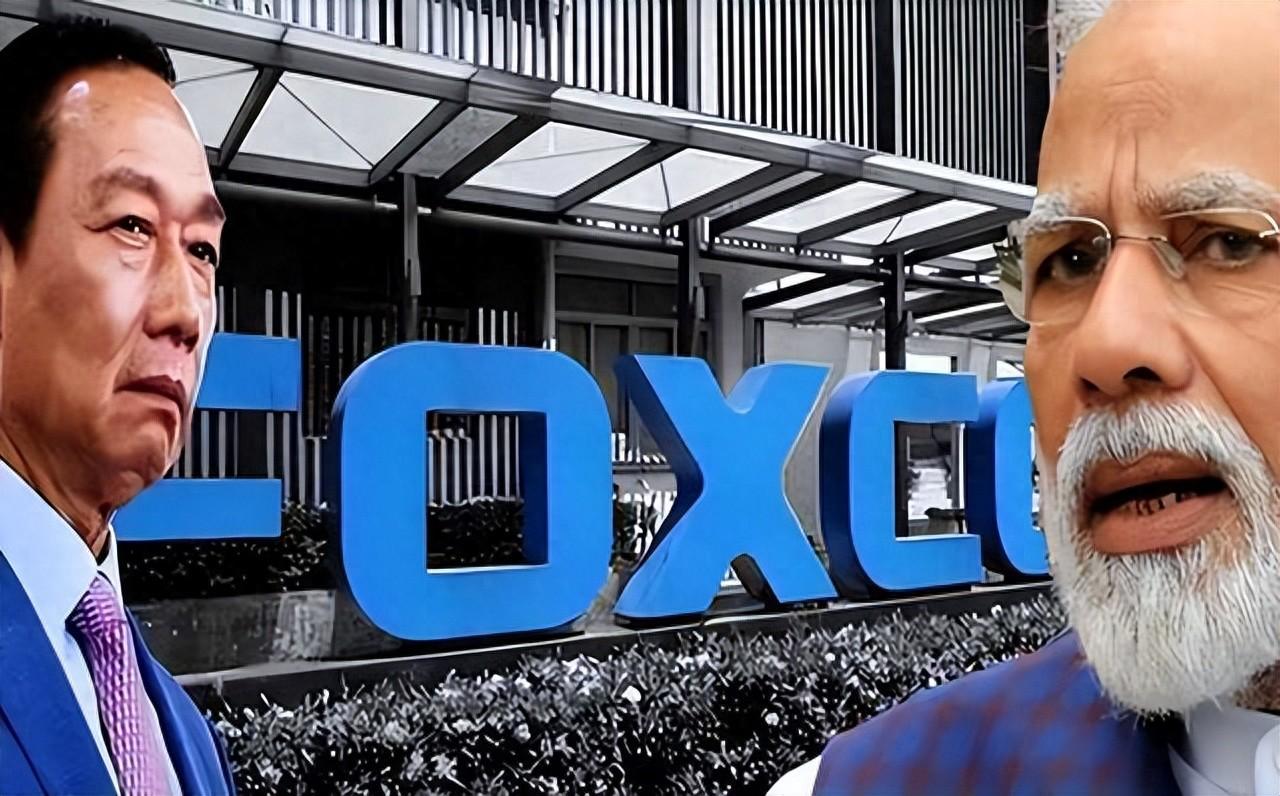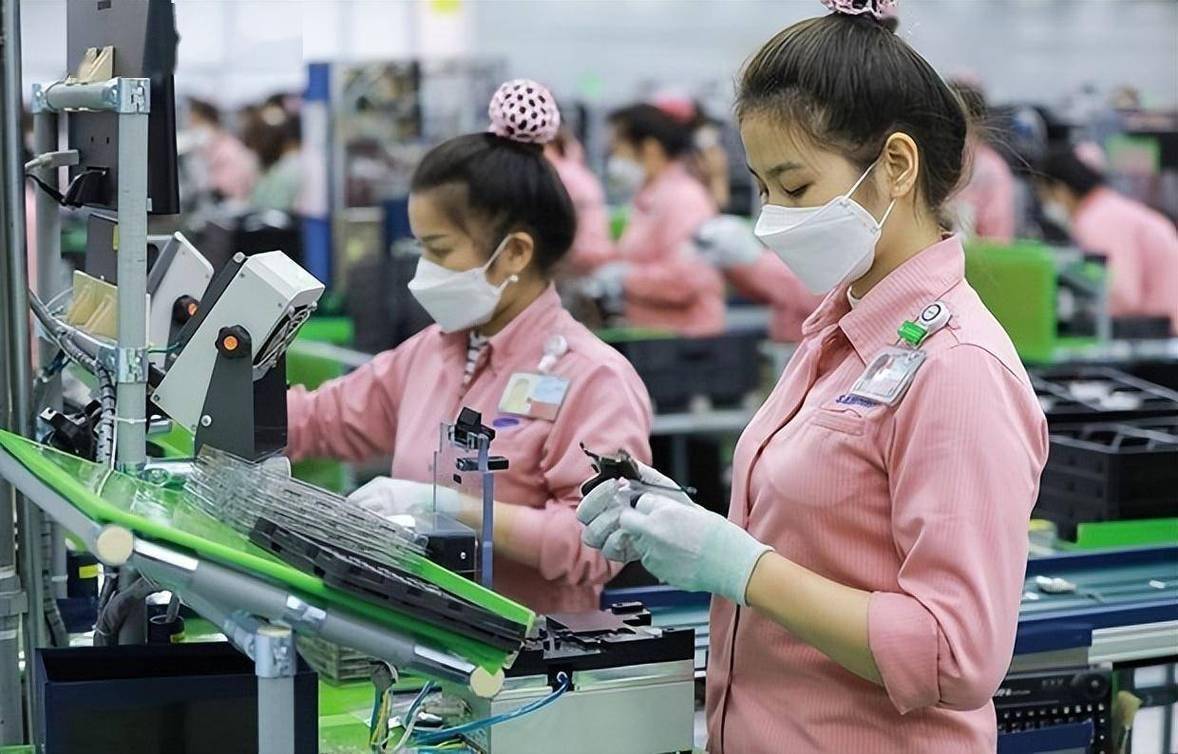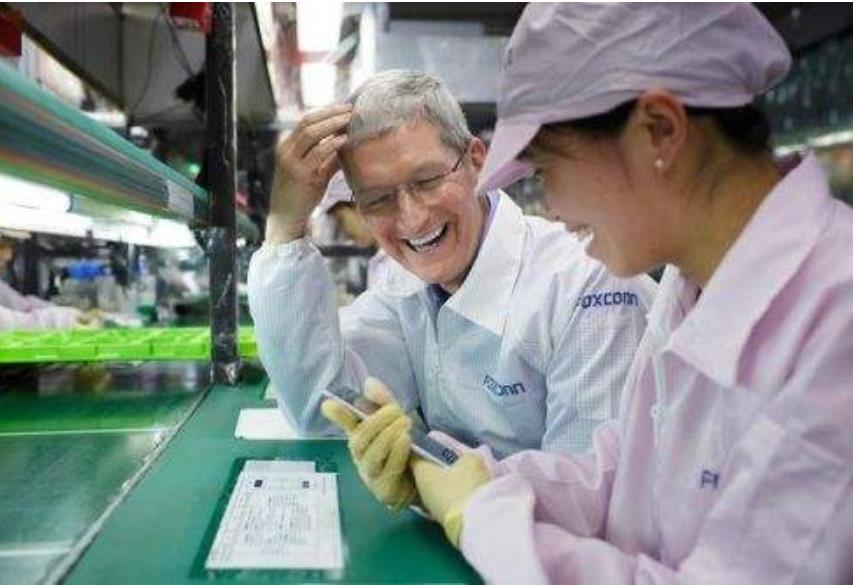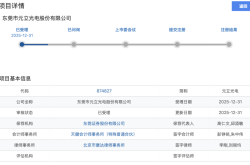Foxconn and Apple's development challenges in India
![]() 08/26 2024
08/26 2024
![]() 415
415
As the launch of iPhone 16 approaches, there have been numerous reports about Apple manufacturing, Foxconn, and India.
Previous media reports claimed that the yield rate of Apple phones manufactured on Indian production lines was only 50%, and excessive levels of E. coli were detected. Consequently, Apple is reportedly wary of India and has planned to temporarily suspend manufacturing there, with orders flowing back to China for the full-scale production of iPhone 16.
Subsequently, media outlets reported that Foxconn in Zhengzhou offered "high salaries" to recruit workers, aiming to bring in at least 50,000 new employees within two weeks to support Apple's production needs.

More recently, Foxconn Chairman Liu Yangwei stated in an interview that there was no difference between manufacturing in India and mainland China. If the yield rate were truly only 50%, as some media outlets have claimed, Foxconn would have withdrawn long ago.
The myriad of conflicting reports makes it difficult to discern fact from fiction, leaving questions about whether Apple has indeed returned to China, whether Foxconn has 'returned' to mainland China, the viability of Indian manufacturing, the actual yield rate, and whether excessive levels of E. coli were indeed detected...

In reality, none of these questions are as crucial as the fact that Indian manufacturing simply cannot meet the requirements of Apple and Foxconn. Setting aside yield rates and E. coli levels, the quality of workers alone poses a significant challenge for both companies.
Indian workers are known for their laziness, aversion to hard work, and reluctance to work overtime. This attitude is a natural enemy for large-scale manufacturing companies like Apple and Foxconn.

On one hand, India's infrastructure is inadequate. During the summer heat, power supplies often struggle to keep up, leading to frequent power outages. As a result, Foxconn's production capacity in India falls far short of requirements.
On the other hand, Indian workers' laziness and aversion to overtime make it challenging for them to accept shift work or work on weekends. This high-intensity production line is simply unacceptable to many Indians.
Previous media reports have mentioned incidents where angry workers burned documents outlining 12-hour shifts, including night shifts, in protest. They prefer to remain poor rather than overwork themselves.

Furthermore, Indians lack a strong awareness of quality control. The management practices employed by Foxconn and Apple, which are routine in China, are seen as overly critical and unnecessary in India.
Tim Cook has previously stated that no country or region in the world, aside from China, is capable of producing 1 million iPhones in a single day. This underscores the importance of China's diligent, hardworking, and dedicated workforce, which is crucial to the success of Chinese manufacturing.
This aspect is something that neither Americans nor Indians can easily emulate. For instance, TSMC's factory in the US has faced setbacks, while Foxconn's operations in India have also encountered difficulties, highlighting the critical role of worker quality.






